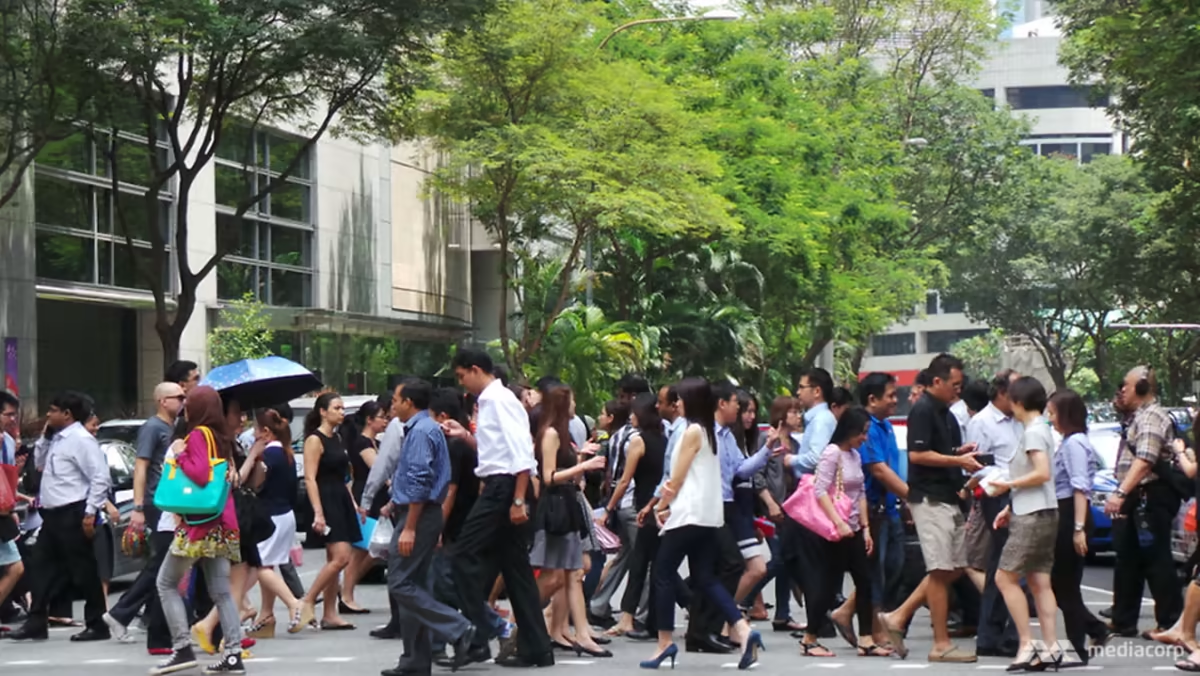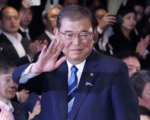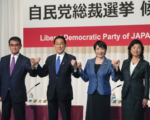Singapore Unveils Unemployment Support Scheme in Landmark Policy Shift

In a significant policy shift, Singapore has announced the introduction of an unemployment support scheme, marking a departure from its long-standing resistance to welfare policies. The scheme, named the SkillsFuture Jobseeker Support, was unveiled by Prime Minister Lawrence Wong during his National Day Rally speech. It aims to assist lower- and middle-income workers who are involuntarily unemployed, offering financial support of up to SG$6,000 (approximately $4,561) over a six-month period.
To qualify for the scheme, workers must actively participate in job training, career coaching, and job matching services, as part of the government’s emphasis on self-reliance and continuous skill development. The initiative is managed by Workforce Singapore, the workforce development agency under the Ministry of Manpower, and is specifically targeted at Singapore citizens who previously earned an average monthly income below SG$5,000.
This policy represents a notable shift for Singapore, which has historically avoided unemployment benefits due to concerns that such schemes might discourage work and foster dependency. The city-state has instead focused on policies like Workfare, introduced in 2005, which provides income top-ups for low-wage workers who remain employed. Wong emphasized that the new unemployment support scheme is designed to avoid the pitfalls seen in other countries where generous benefits have led to prolonged unemployment.
Singapore’s approach under this new scheme reflects a balance between providing necessary financial support and ensuring that beneficiaries remain proactive in their job search efforts. The government has yet to announce the exact date when the scheme will come into effect, but it signals a significant evolution in Singapore’s social policy framework, as it seeks to adapt to changing economic realities while maintaining its core principles of self-reliance and personal responsibility.
















